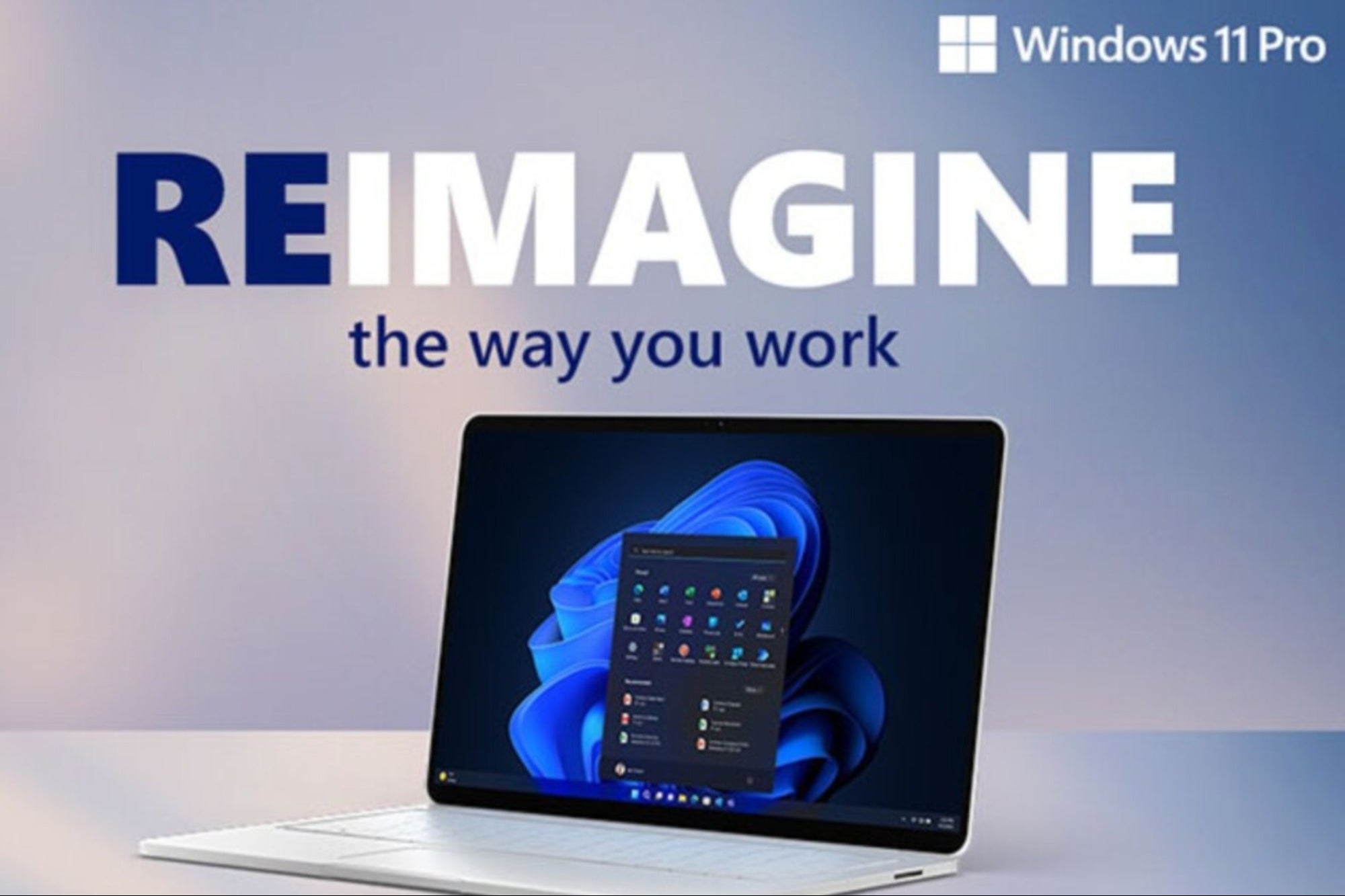How to Sharpen Your Decision-Making Skills Four ways to merge your brain and gut for better outcomes.
By Gwen Moran Edited by Frances Dodds
Opinions expressed by BIZ Experiences contributors are their own.
The ubiquitous phrase "go with your gut" validates the importance of intuition and instinct in leadership and decision-making. But it's also true that discarding reason and experience in favor of hunches often results in bad business decisions.
U.K. marketing and media consultant Jonathan Gifford has explored the balance of these often opposing factors in his book Blindsided: How Business and Society are Shaped by Our Unpredictable and Irrational Behaviour (Benchmark Books, 2012). Here, he shares four strategies to merge mind and gut for better decision-making.
Related: How Successful Leaders Balance Skepticism and Openness
1. Analyze your risk. Hunches that don't expose you to a lot of risk, like testing an offbeat new marketing tactic, may be worth exploring without too much up-front thought. This can be a way to test your instincts and see how often your gut steers you in the right direction. When the stakes get higher, however,like ditching an entire product line or moving your office location, it's time to put the brakes on and examine the idea from a more analytical standpoint, Gifford says.
2. Examine the motivation. "People are perfectly capable of making rational decisions, listing pros and cons and weighing potential benefits, but in everyday life we rarely do this. Emotion and instinct rule," Gifford says. If a hunch is telling you to take action that's risky or counterintuitive, examine why you're feeling that's the way to go.
If your decision to invest heavily in a bold new business model or fire a key employee is based on fear, anger, or other negative emotions, it's best to wait and see if you still feel the same way after the emotion has passed.
Related: 5 Ways to Learn to Trust Your Instincts
3. Avoid "me too" syndrome. Gifford says people often feel pressure to do things just because others are doing them, likely because of an instinctive drive to follow the crowd. However, allowing fear of "missing out" to drive your decision-making is dangerous. So-called "booms" in technology and real estate were fueled by a me-too dynamic, Gifford says.
If you feel pressure to adopt a new way of doing business, make investments that aren't based in good business practices, or take other action just because others are doing it, wait until there is evidence that it's the right action before you join in. If there isn't a strategy behind following the crowd, you could soon find yourself in unsustainable territory.
4. Pay attention to persistent hunches. Can't let the idea go, even though it's tough to make a case for it? Find ways to test the idea or somehow mitigate your risk, perhaps with a pilot program, strategic partnership, or additional market research. After all, some of the greatest success stories came from people who took action even when it seemed like the wrong thing to do at the time, Gifford says. If you're truly committed to seeing through the idea or action and making it work, that's an intangible factor that can create revolutionary successes, he says.
Related: Startup Must-Haves: Perseverance and Optimism (Infographic)











